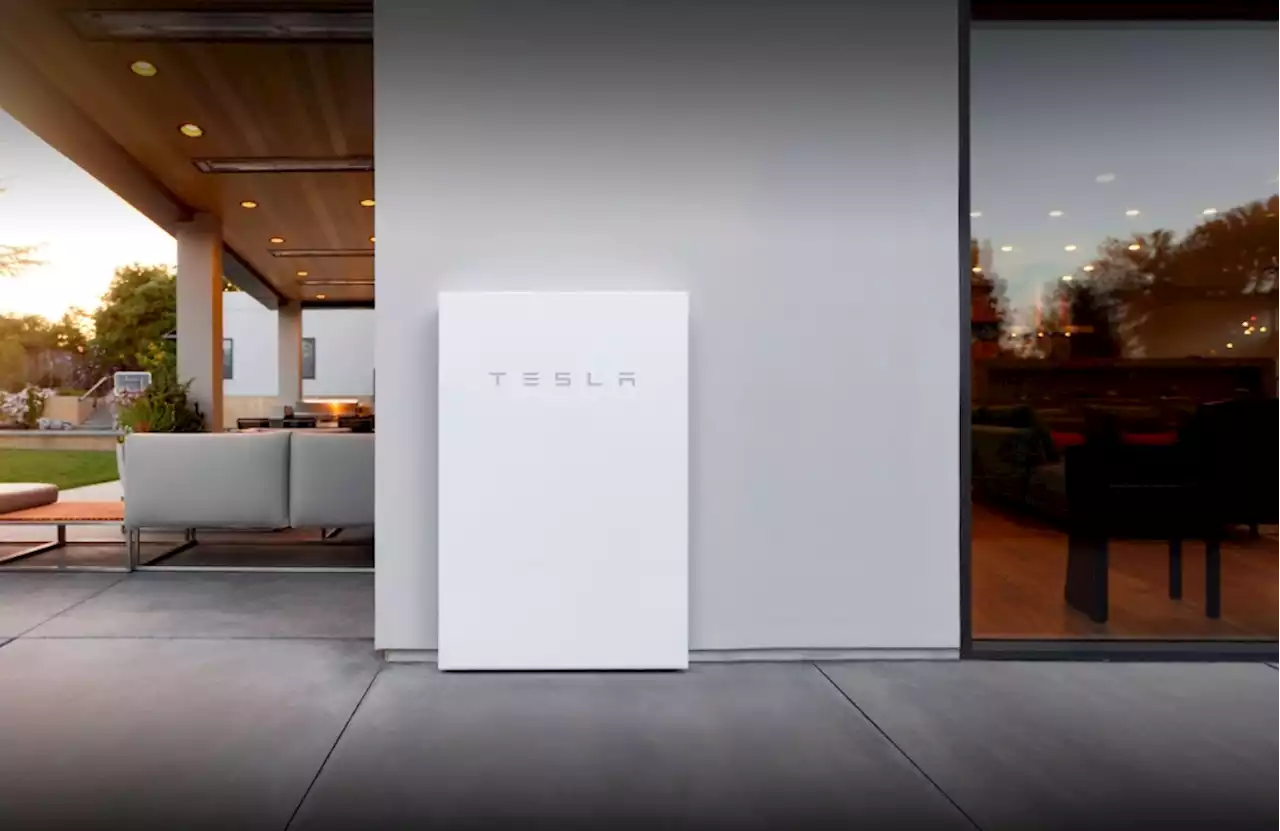These systems have gained popularity, especially among renters and individuals living in apartment buildings who cannot install extensive solar panels on their roofs.
With load shedding seemingly worsening, South Africans are exploring ways to keep their lights on, particularly through the use of battery backup systems.Lights out | Load shedding threatens food security, reduces donations to NGOs who feed the poorThey come in various forms, including those that connect to your mains and portable ones that can be wheeled around to connect appliances and devices directly when the lights go out.
Delving deeper into the topic, Teresa Settas, the marketing director of One Energy, a renewable energy franchise, added:"Installing an inverter and battery system for backup, without solar generation capacity , means that you need to use the grid to recharge your batteries when the power comes back on.
"Non-essential loads remain off. Consider that during load shedding, your entire house is without power for two to four hours at a time. That's electricity not used for appliances like your geyser, oven, fridge, washing machine, dishwasher, TV, router, lights, and more. "Lithium-ion batteries, on the other hand, offer up to 6 000 discharge cycles, resulting in a potential lifespan of up to 20 years under normal conditions."Frequent load shedding increases the number of discharge cycles per day, which shortens the battery's lifespan.
